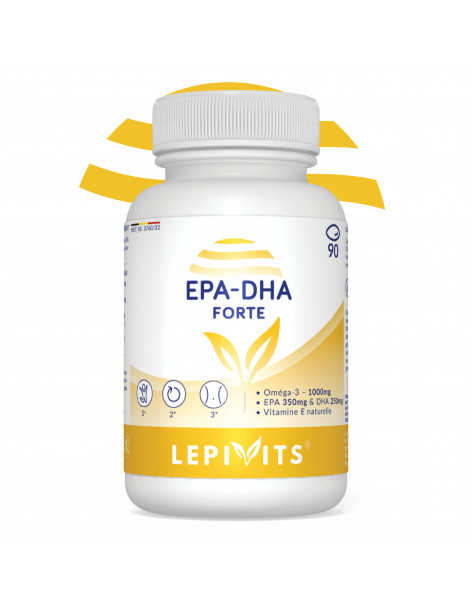Anxiety, loss of motivation, sadness?
It doesn't take much to make you feel down. Slumps vary from one individual to another and depend on our nervous system. Dozens of different molecules in the brain regulate our behaviour, including :
- Dopamine, which enables planning, decision making, motivation and feelings of pleasure.
- Melatonin, which helps regulate internal biological clocks, setting the sleep/wake cycle.
- Serotonin, the hormone of calm and patience, limiting aggression. It is synthesised with the help of tryptophan.


In stock
Support your Heart and Brain
Short of omega-3? These fish oil capsules, titrated in EPA and DHA, are certified free of heavy metals and protected from oxidation by a natural complex containing vitamin E.
What is stress?
Stress is an integral part of our daily lives and in some cases acts as a useful physiological response of our body. Nevertheless, chronic stress exhausts the body, leading to real ill-being (impacts on cardiovascular pathologies, psychological disorders, neurodegenerative diseases, lowered immune defences, etc.). In addition, excessive stress leads to a significant urinary leakage of magnesium and an overconsumption of vitamins (B and C vitamins) and minerals.
What can be done to limit chronic stress?
- Eat a diet rich in magnesium, B vitamins, zinc, tryptophan and other minerals, tryptophan and omega-3 to ensure normal cognitive function.
- Have a balanced intestinal microflora to allow good absorption of nutrients.
- Engage in physical activity to ensure well-being, relaxation and stress relief.
- Promote mental recovery through sleep.



